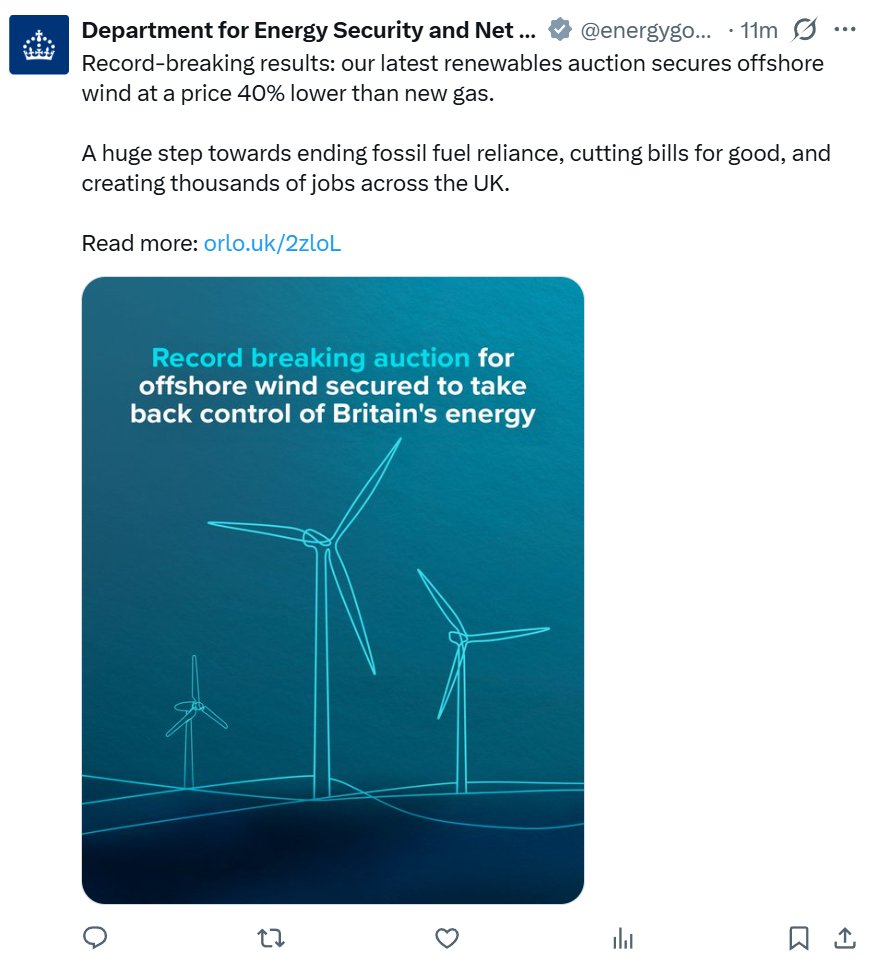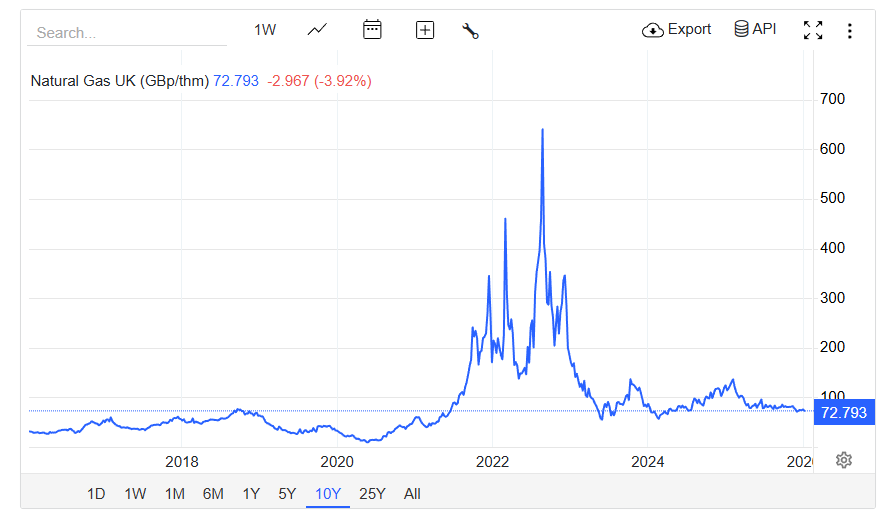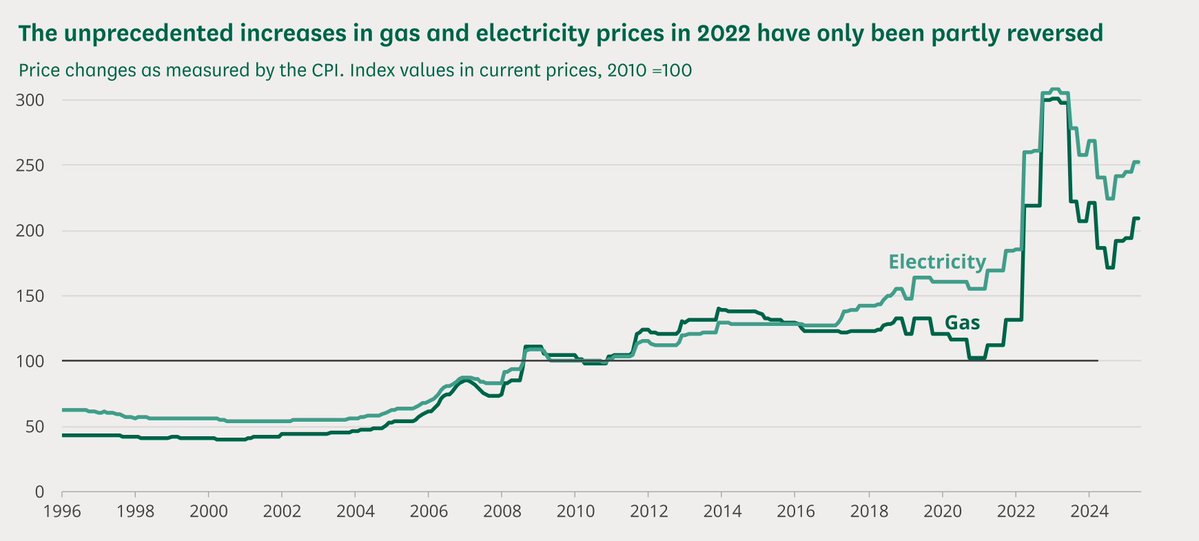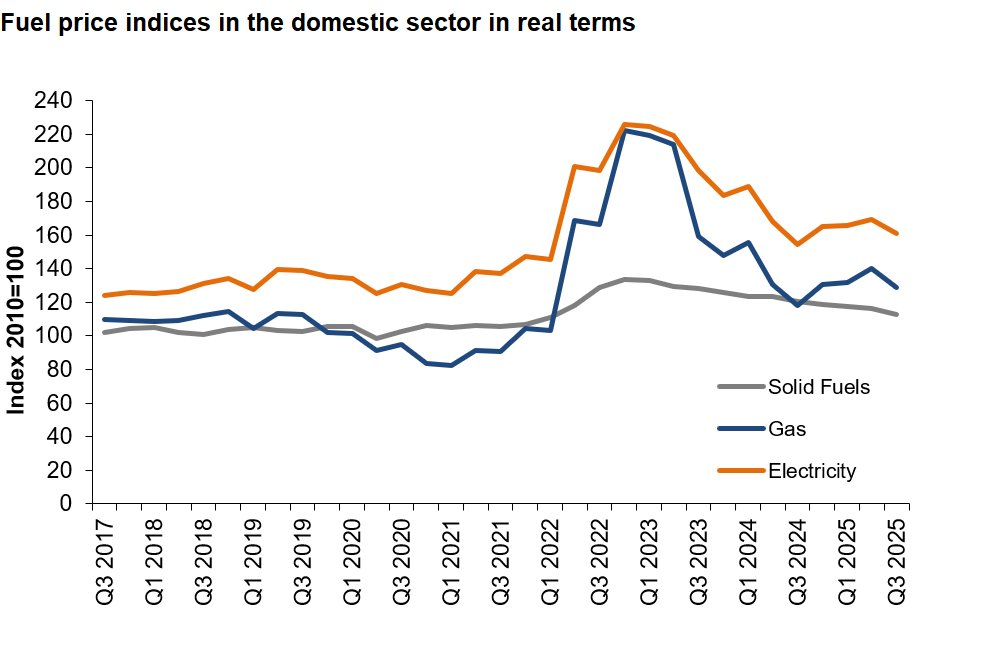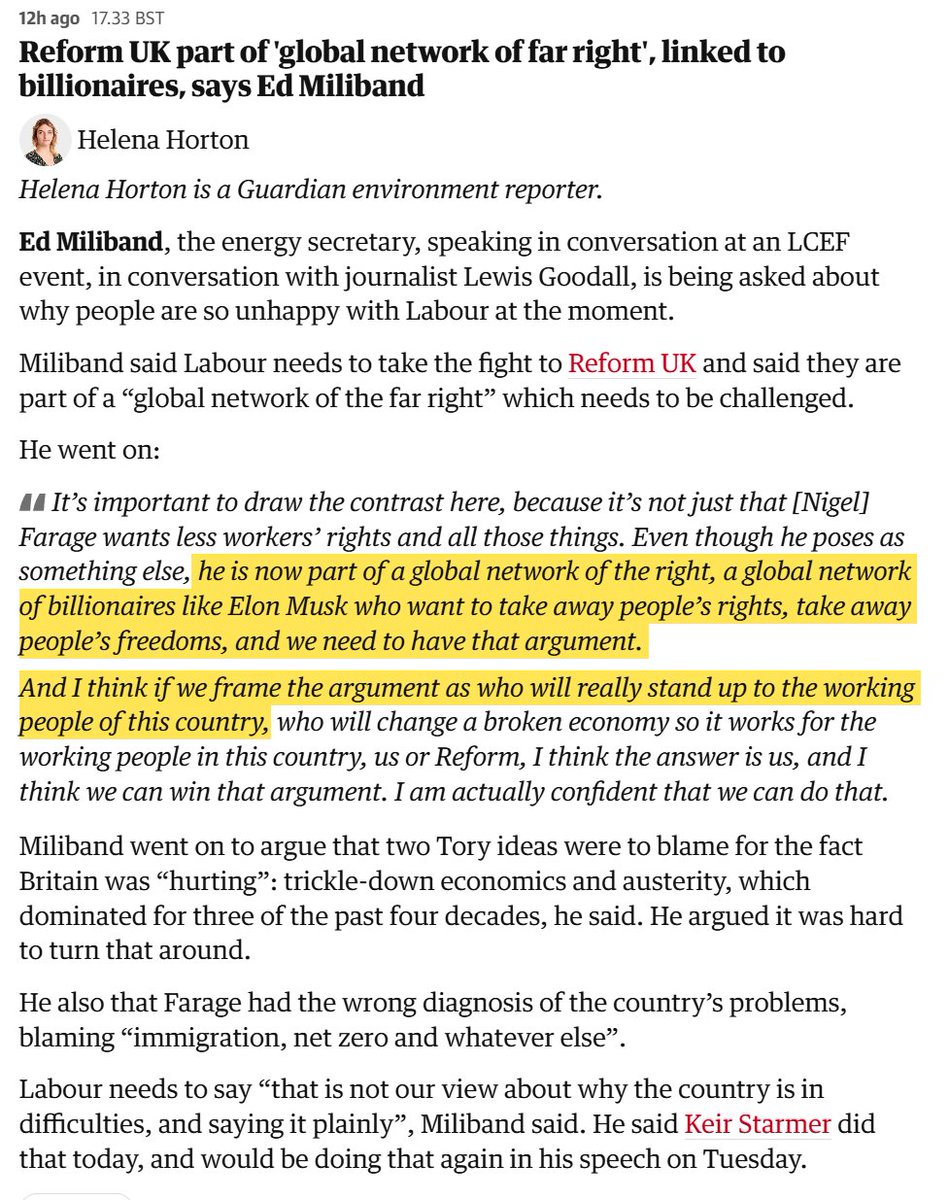As explained previously... They *ARE* going to take you car away.
I'm not making it up.
I'm not making it up.
https://twitter.com/jameswoudhuysen/status/1164436821775912960
If you don't think that the removal of your car is high up on the political agenda, you have not been listening to them. 

Today's generation of MPs don't understand why you can't just walk or cycle.
They have no idea what you use the car for or why you unimportant little people would need or want one.
You having a car is a problem they want to solve.
So walk.
They have no idea what you use the car for or why you unimportant little people would need or want one.
You having a car is a problem they want to solve.
So walk.
"Reducing the cost [of public transport] relative [to private transport]" means taxing people out of their cars.
No political party currently sitting in Westminster has any intention of asking questions about that massive change to our ways of life.
It will therefore happen.
No political party currently sitting in Westminster has any intention of asking questions about that massive change to our ways of life.
It will therefore happen.
It's easy to get misled into believing that the climate change debate is about whether climate change is happening or is not happening.
Whether climate change is happening or not, it has become the basis of politics without regard for the degree to which it is happening.
Whether climate change is happening or not, it has become the basis of politics without regard for the degree to which it is happening.
This tells us that there is an *ideology* of climate change, distinct from the scientific facts of climate change.
"Decarbonisation" is more about transforming society than it is about transforming the ways we use energy.
"Decarbonisation" is more about transforming society than it is about transforming the ways we use energy.
In this transformation, governments and politicians believe it is their place to decide how you should live.
This is a radical departure from the principles of democratic governance.
Whether or not climate change is real, it is a ruse.
This is a radical departure from the principles of democratic governance.
Whether or not climate change is real, it is a ruse.
That is not a conspiracy theory. The dynamic is not one of a conspiracy, but of a degenerate political class & wider political establishment that has lost any meaningful connection with the public.
In a democracy, the principles of the political parties' green agendas would be tested.
The most basic question that would be asked is: "is green policy worse than climate change".
Despite alarmist claims, it might be better to suffer the climate change than try to prevent it.
The most basic question that would be asked is: "is green policy worse than climate change".
Despite alarmist claims, it might be better to suffer the climate change than try to prevent it.
The scale of green ambitions is no smaller than the scale of twentieth century ideologues' ambitions.
And all of the parties being committed to the same radical, political agenda means we are effectively living under a one-party state.
And all of the parties being committed to the same radical, political agenda means we are effectively living under a one-party state.
They dismiss all criticism as 'climate change denial'.
They admit no criticism to their discussions.
They are not interested. It would deprive them of their places, and their reasons for being there.
Banning cars is an extremely political act, dressed up as science.
They admit no criticism to their discussions.
They are not interested. It would deprive them of their places, and their reasons for being there.
Banning cars is an extremely political act, dressed up as science.
An example, h/t @UKmacD
A news report that features no criticism of MPs, no intellectual curiosity about the ideology, no journalistic scepticism about the legitimacy of the agenda.
So what's the difference between @SkyNews and Chinese state media?
A news report that features no criticism of MPs, no intellectual curiosity about the ideology, no journalistic scepticism about the legitimacy of the agenda.
So what's the difference between @SkyNews and Chinese state media?
https://twitter.com/SkyNews/status/1164447777751015425
@UKmacD @SkyNews That's not hyperbole. It's a serious question.
If broadcast media and political parties are not able or willing to deviate from alignment with the government, what is the difference between a one-party state and state-controlled media, and our 'liberal democracy'?
If broadcast media and political parties are not able or willing to deviate from alignment with the government, what is the difference between a one-party state and state-controlled media, and our 'liberal democracy'?
@UKmacD @SkyNews And here's another.
No questions asked. No criticism. No interrogation. Just obedient, servile, uncritical non-journalism.
bbc.co.uk/news/business-…
No questions asked. No criticism. No interrogation. Just obedient, servile, uncritical non-journalism.
bbc.co.uk/news/business-…
• • •
Missing some Tweet in this thread? You can try to
force a refresh



